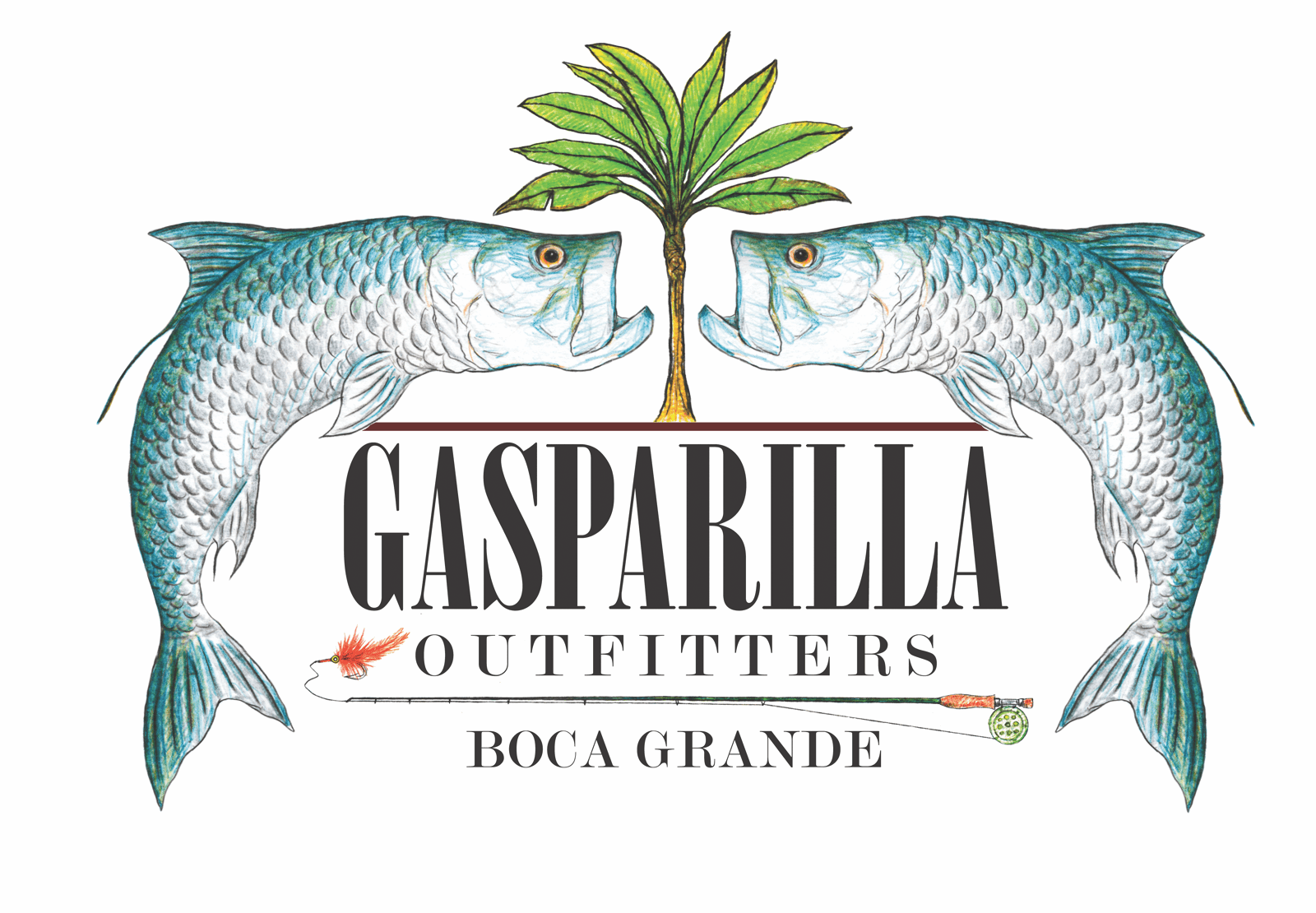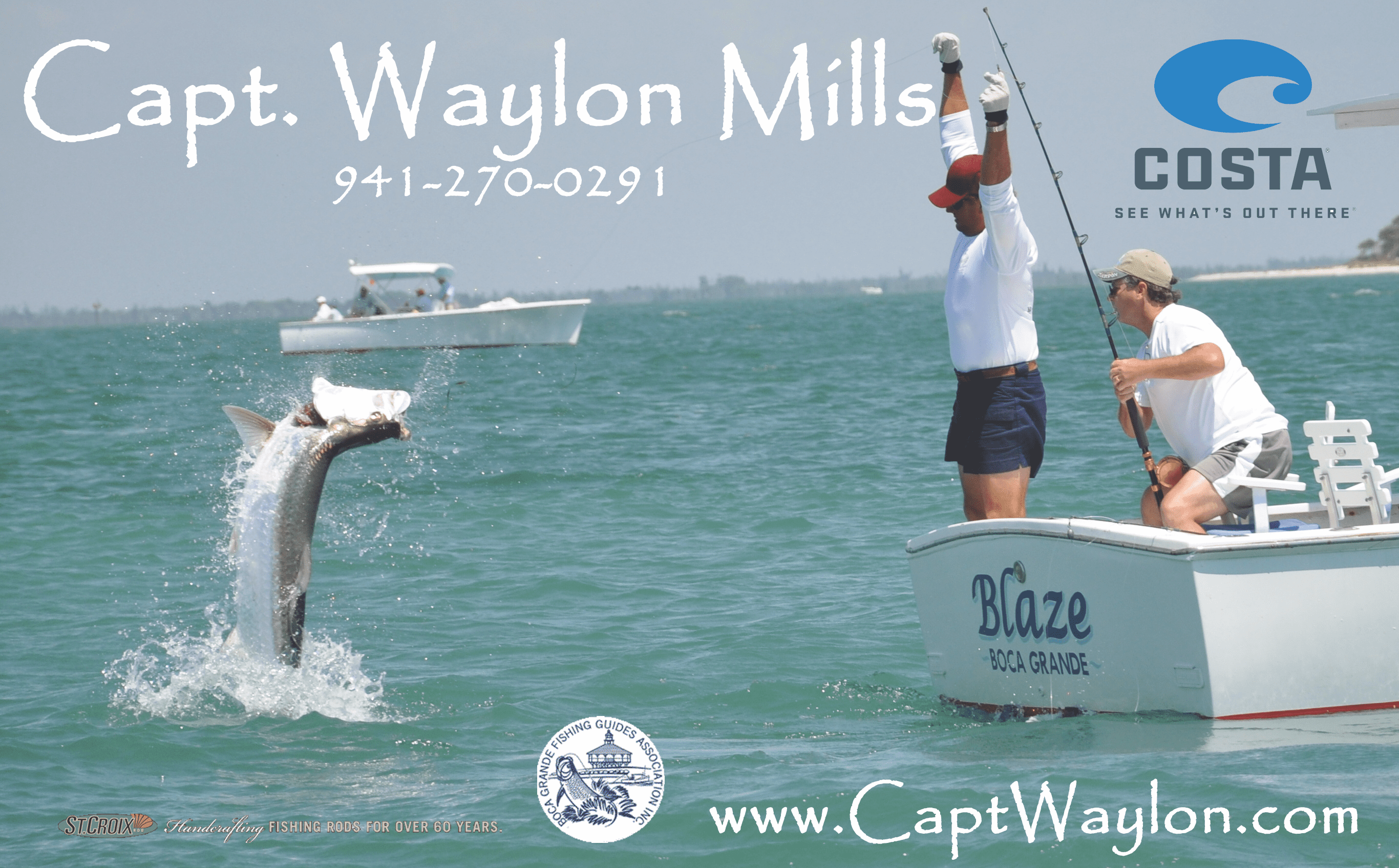The BIPS red tide forum is back with some familiar faces

Barrier Island Parks Society and Mote Marine Laboratory & Aquarium have partnered again to co-host a free educational community event in Boca Grande, The annual Red Tide Forum. It will be presented at the Boca Grande Community Center Auditorium on Thursday, Feb. 9, at 4 p.m.
Limited seating is to be had, so please RSVP at BIPS.org/programs.
Back by popular demand, Dr. Cynthia Heil, Dr. Richard Pierce and Dr. Robert Weisberg will present the latest red tide conditions, research, forecasts and current projects in the ongoing mitigation of the harmful algal bloom and water health issues that are vital to Southwest Florida.
Dr. Cynthia Heil is esteemed Senior Scientist and Director of Mote Marine Laboratory’s Red Tide Institute where her research focuses on the mitigation of Florida red tide and the ecology and management of marine and freshwater harmful algal blooms, nutrients and water quality.

Heil was a Senior Scientist at Bigelow Laboratory for Ocean Sciences in East Boothbay, Maine from 2003 to 2010 and served as the Red Tide Group Leader at the Fish and Wildlife Research Institute, Florida Fish & Wildlife Conservation Commission in St. Petersburg, where she managed a staff responsible for conducting research and monitoring of harmful algal blooms, including red tides in Florida.
She has in depth experience with the science and management of marine and freshwater HAB species and water quality in the U.S. and internationally and has worked in diverse subtropical, tropical and temperate coastal environments, including coral reefs, with over 75 peer reviewed publications.
Dr. Richard Pierce is renowned Senior Scientist for Ecotoxicology and Associate Vice President for Research, Directorate of Environmental Health and Ocean Technology, at Mote Marine Laboratory. He received his Bachelor of Arts and Master of Science in Chemistry from the University of South Florida, and his doctorate in Chemical Oceanography from the University of Rhode Island (URI), GSO, followed by Postdoctoral Research in plant pathology at URI. Pierce was Assistant Professor of Environmental Science at the University of Southern Mississippi and Associate Professor of Chemical Oceanography at Florida Institute of Technology.
He joined Mote Marine Laboratory in 1981 as a Senior Scientist and developed the research program in Ecotoxicology, focusing on the source, fate and effects of toxic chemicals in the marine environment.
During his tenure at Mote, Pierce has also served as Co-Director, Associate Director, Director of Research and Director of the Center for Ecotoxicology. His studies include harmful algal toxins in air, water and marine organisms, as well as pesticides and other endocrine-disrupting compounds. He has special interests in trophic transfer and bioaccumulation of toxins in shellfish and strategies for mitigating adverse effects of toxic chemicals on environmental and public health. Pierce has more than 75 published manuscripts and lectures nationally and internationally on his research. He continues to mentor college research interns at Mote and graduate-student research committees at various universities.
Dr. Robert Weisberg is Retired-Emeritus, Distinguished Professor, College of Marine Science, Physical Oceanography at USF, and Director of the Coastal Ocean Modeling and Prediction System, COMPS, the Southeast Coastal Ocean Observing Regional Association, SECOORA and member of Southeastern Universities Research Association, SURA Coastal and Environmental Research Program, CERP.
He is a physical oceanographer, engaged in ocean circulation and ocean-atmosphere interaction studies that emphasize the West Florida Continental Shelf and its estuaries.
Weisberg uses real-time, in-situ observations and numerical circulation models to describe and understand the processes that control these water bodies. Recent applications include harmful algal blooms, hurricane storm surge and waves, tracking of oil, fisheries recruitment, forensic studies and other topics of societal concern. His undergraduate degree is in engineering from Cornell University followed by MS and PhD degrees in Physical Oceanography from the University of Rhode Island. Recruited to USF in 1984 from North Carolina State University, Dr. Weisberg earned the Distinguished University Professor designation in 2007.








